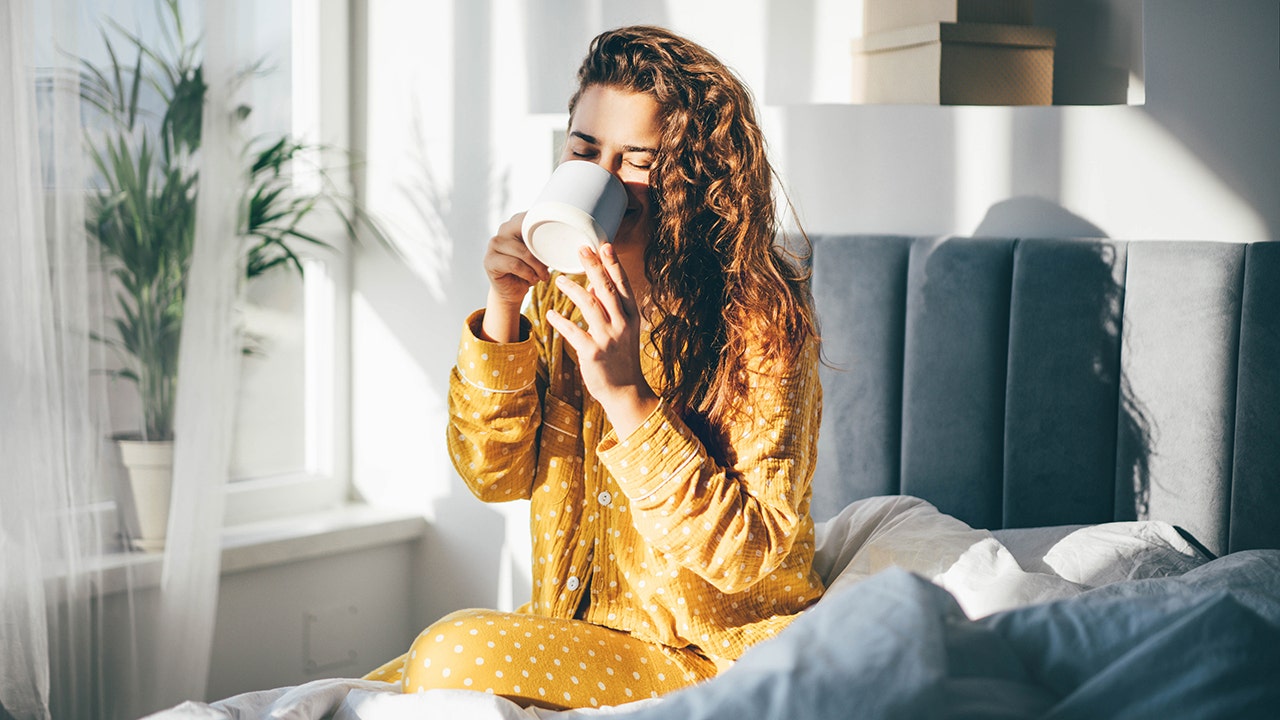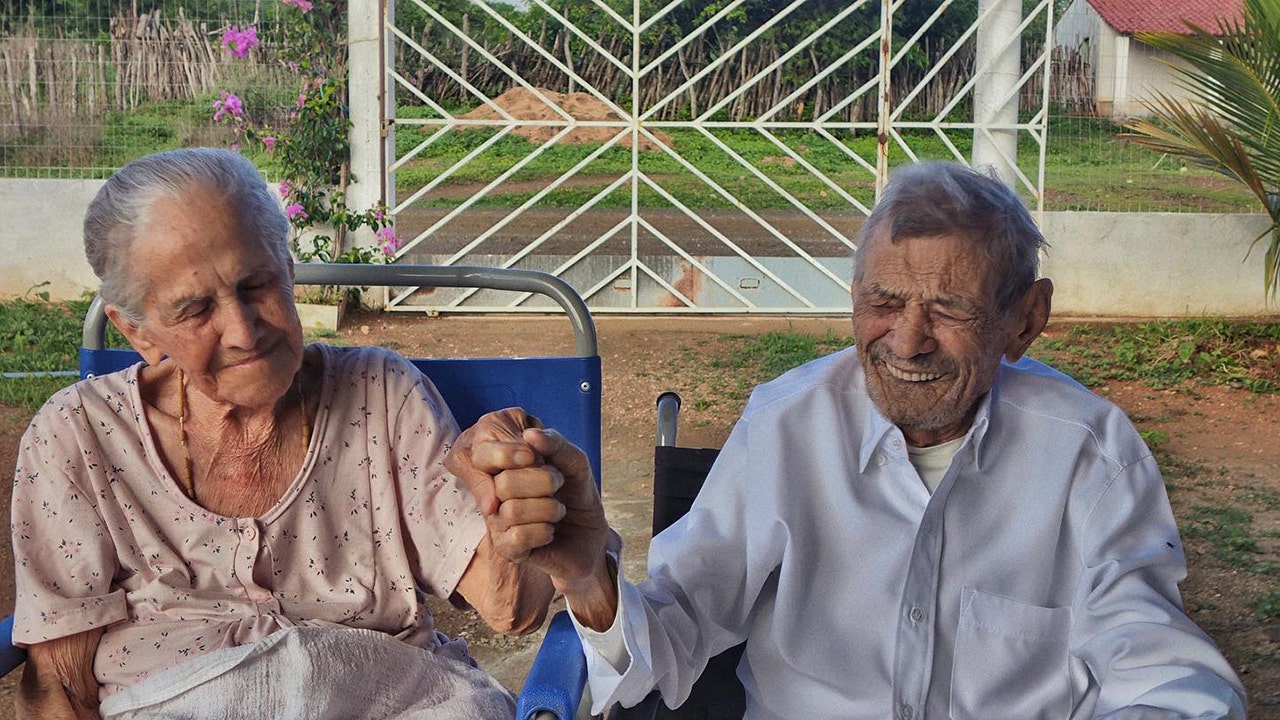Coffee in the morning is a ritual for many people — but is it ever too early in the a.m. to indulge?
Brewing a cup or a pot of coffee as soon as you wake up might not give you the biggest energy boost throughout the day, according to sleep experts.
Dr. Deborah Lee, a U.K.-based doctor, said in a statement to Fox News Digital that drinking coffee first thing in the morning might not be the best bet.
“When you wake up, your stress hormone cortisol level, which is a hormone that enhances alertness and focus, as well as regulates your metabolism and immune system response, is at its peak,” said Lee, who works with bed manufacturer Get Laid Beds.
“Elevated levels of cortisol may impact your immune system, and if they’re already at their peak when waking up, drinking coffee as soon as your eyes open may do more harm than good, and may even make you immune to caffeine over a long period of time,” Lee added.
The best time to drink coffee is mid-to-late morning, an expert told Fox News Digital. (iStock)
Cortisol follows a rhythm “specific to your own sleeping cycle,” the expert said, peaking within 30 to 45 minutes of waking up and slowly declining throughout the day.
WANT TO BE A MORNING PERSON? THESE 6 EXPERT TIPS MAY GET YOU THERE
“That explains why you may peak in the morning and get more tired at night,” she noted.
Taking this rhythm into consideration, Lee suggested that the best time to have caffeine would be at least 45 minutes after waking up, when “your cortisol rhythm starts to dip.”
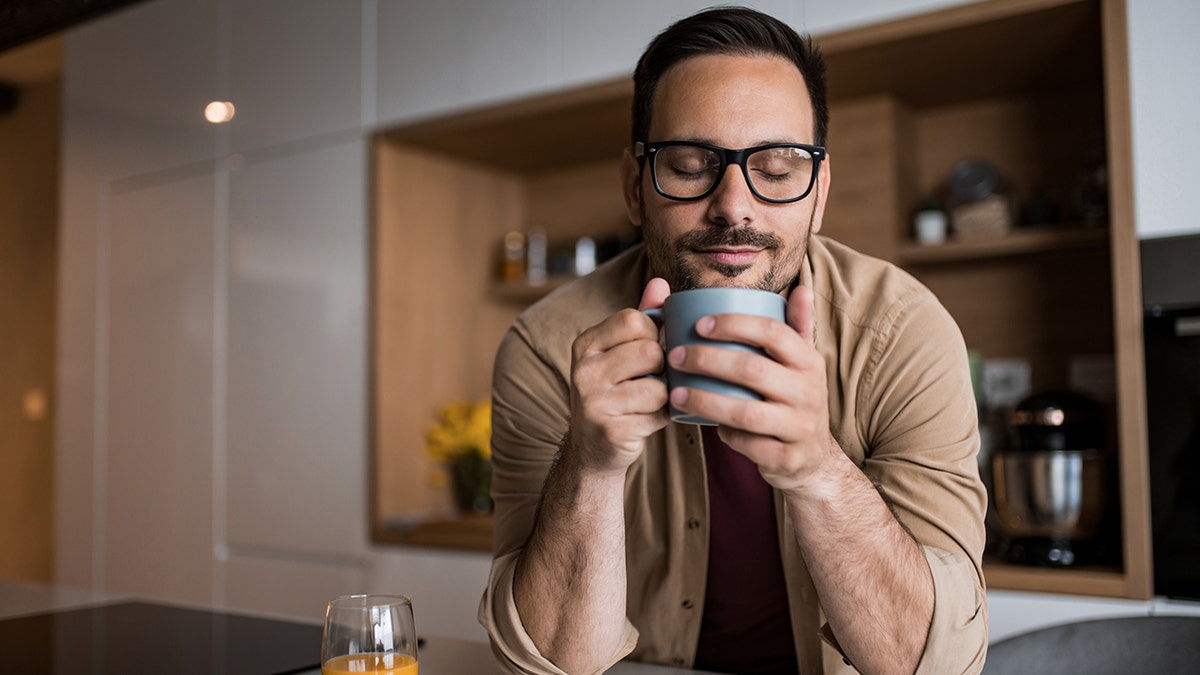
Coffee consumption and energy levels are dependent on a person’s caffeine tolerance, said a sleep expert. (iStock)
“The best time to drink coffee would typically be mid-to-late morning, when your cortisol is a lot lower and you start to feel that energy slump,” she said.
“But of course, not too late in the afternoon — as it could affect your sleep.”
NEED A ‘WINTER RESET’? EXPERTS SHARE BENEFITS OF SLOWING DOWN DURING COLDER MONTHS
Someone who wakes up at around 7 a.m., for example, might wait until around 10 a.m. or noon to have the first cup of coffee, “when your body and mind will appreciate it the most, and you’ll get the most benefits from the caffeine,” Lee said.
A different take
Dr. Wendy Troxel, a Utah-based sleep expert and senior behavioral scientist at the RAND Corporation, had a different take on the matter. Delaying caffeine might not actually make a difference, she told Fox News Digital.
“There really is no scientific evidence that having caffeine first thing in the morning versus delaying it for a couple of hours after awakening has any differential effects on alertness,” she said.
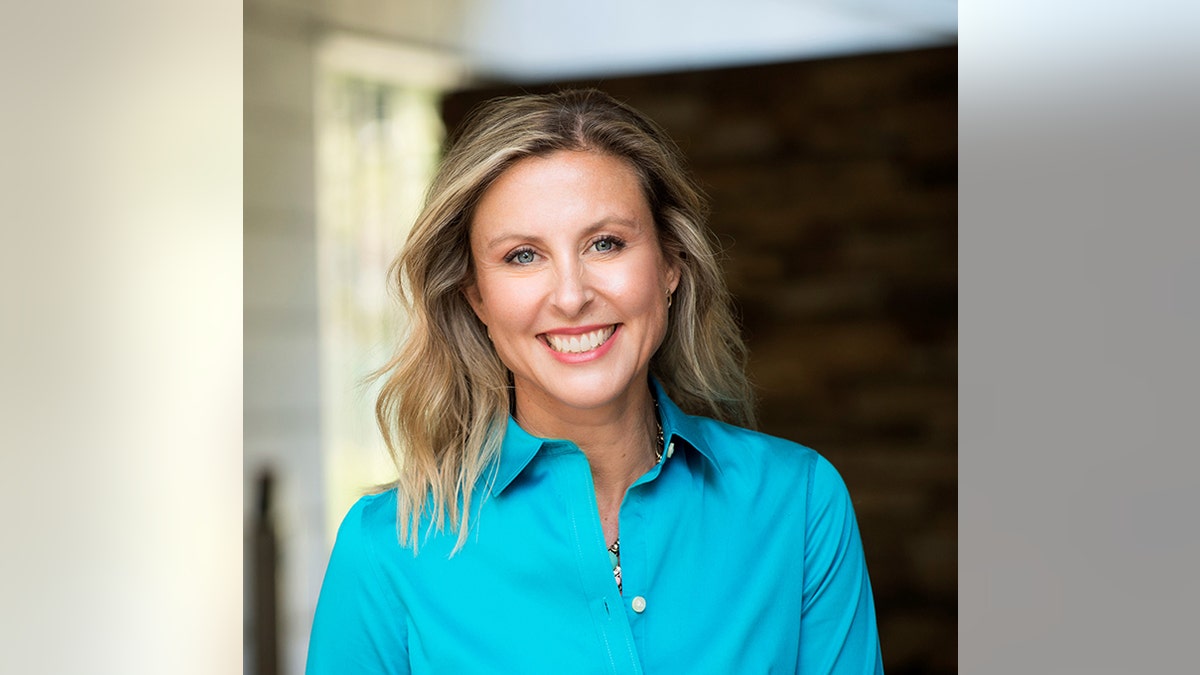
Dr. Wendy Troxel, senior behavioral scientist of the RAND Corporation and author of “Sharing the Covers: Every Couple’s Guide to Better Sleep,” offered her input on the timing of coffee consumption. (Diane Baldwin)
Troxel suggested that coffee drinkers should experiment with what works best for them.
“For some people, waking up and having a glass of water to rehydrate and then having coffee works well — but for others, the morning ritual of having a cup of coffee first thing upon awakening is just too good to give up,” she said.
“So, I think it’s mostly a matter of personal preference.”
COFFEE AND COVID: COULD DRINKING 1 OR 2 CUPS A DAY REDUCE THE SEVERITY OF THE VIRAL ILLNESS?
Since caffeine works by “blocking sleep-promoting receptors in your brain called adenosine receptors,” Lee said that people who drink coffee too late in the day may struggle to sleep at night.
“However, this is different for different people, and only you know your own caffeine tolerance,” she said.
The average half-life of caffeine is around six hours, according to Troxel, but it can remain in the body for up to 10 hours.
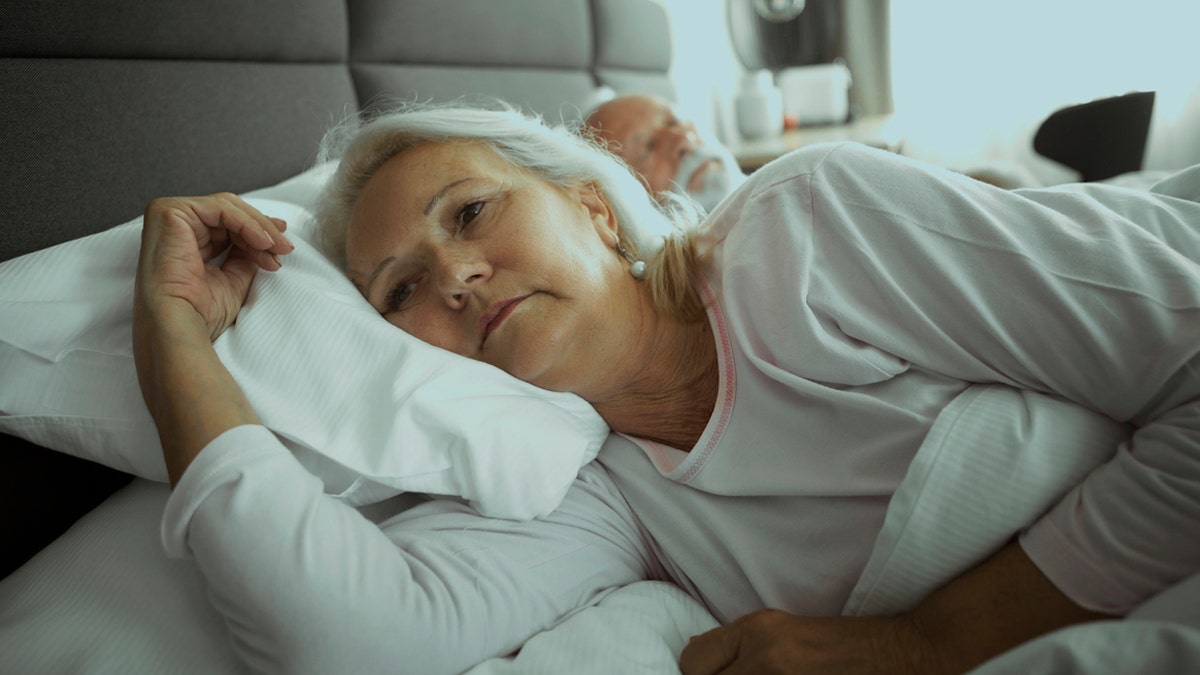
Drinking coffee too late in the day can lead to sleep disruptions, experts warned. (iStock)
“Given that caffeine is a stimulant, it can powerfully disrupt sleep if consumed too late in the day,” she said.
To reduce the likelihood of disrupted sleep, Lee recommended avoiding it within eight hours of bedtime.
CLICK HERE TO SIGN UP FOR OUR HEALTH NEWSLETTER
“That means if your bedtime is 10 p.m., you should consume caffeine no later than 2 p.m. — but if you’re someone who is strongly affected by caffeine, you want to back that time up even earlier,” she said.
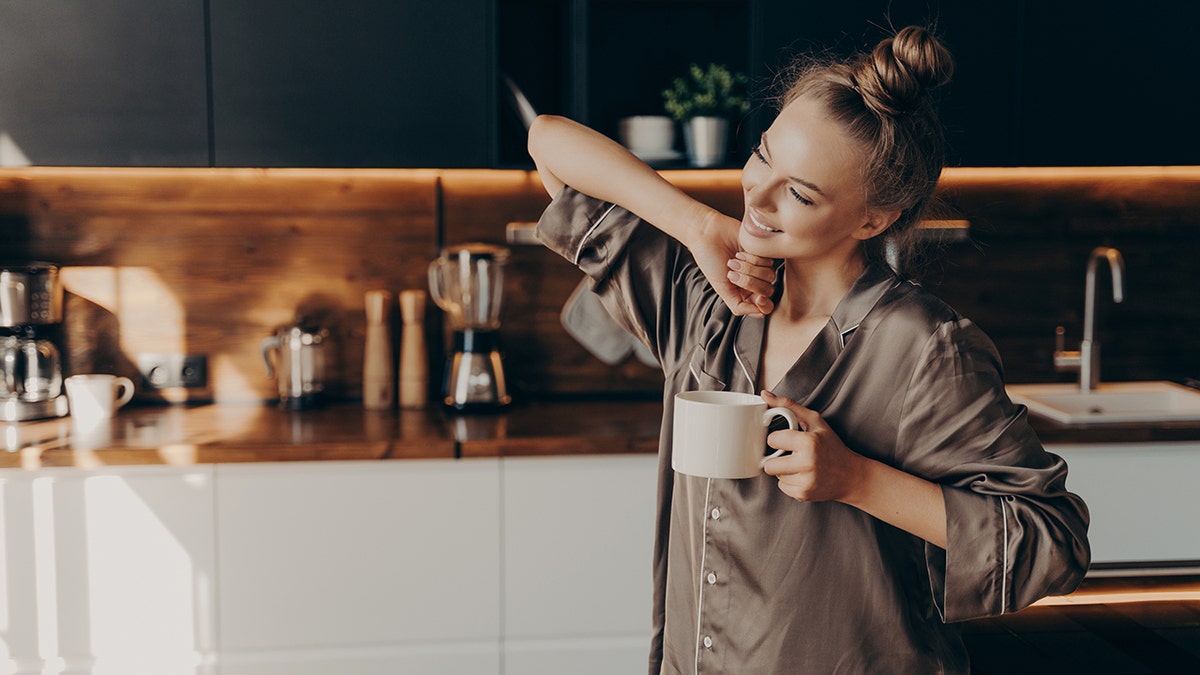
Coffee in moderation can help with increased alertness, energy and better concentration, according to experts. (iStock)
“Try switching to herbal teas if you need a hot drink to stay warm, or decaf to trick yourself into thinking you’re getting your caffeine fix,” she suggested.
Troxel mentioned that there is “substantial evidence” that drinking coffee earlier in the day and in moderation — about one to two cups per day — is associated with “increased alertness and energy, better concentration, better performance and reduced risk of certain chronic diseases.”
CLICK HERE TO GET THE FOX NEWS APP
“However, excessive amounts of coffee, or coffee (and other caffeinated products) consumed later in the day can lead to negative side effects, including anxiety, jitters, rapid heart rate and insomnia,” Troxel added.


